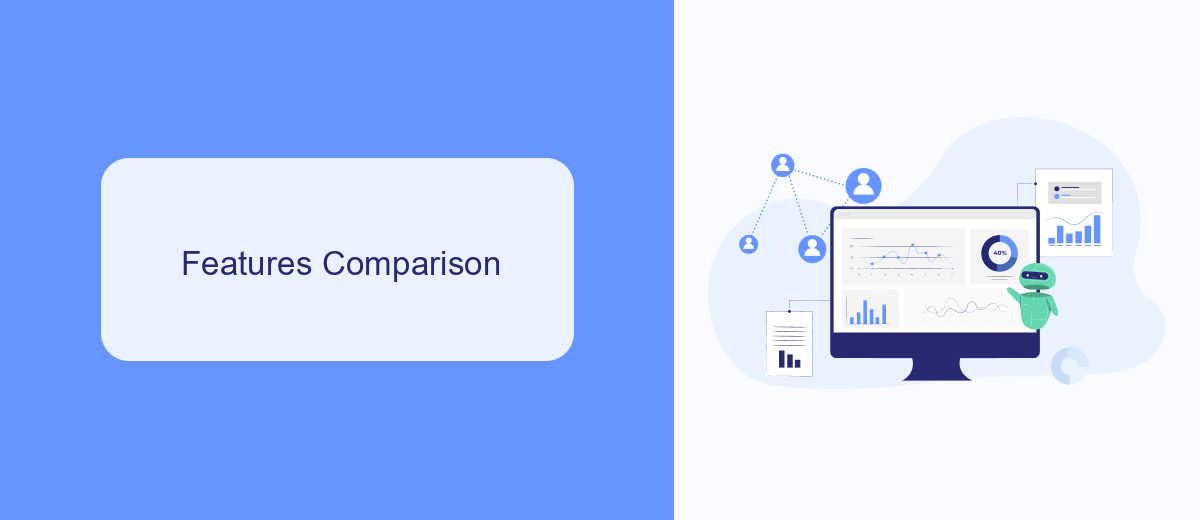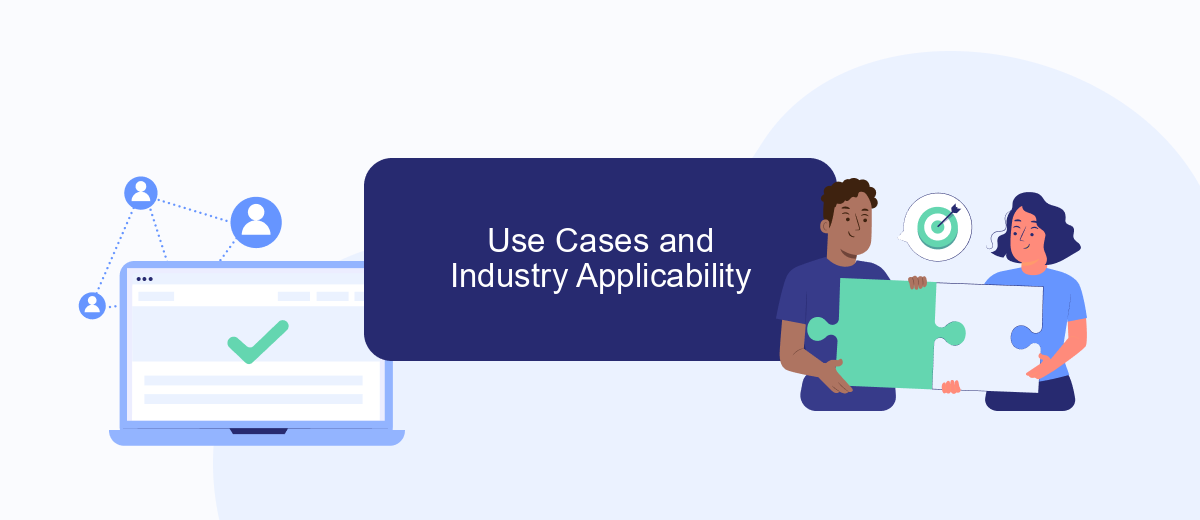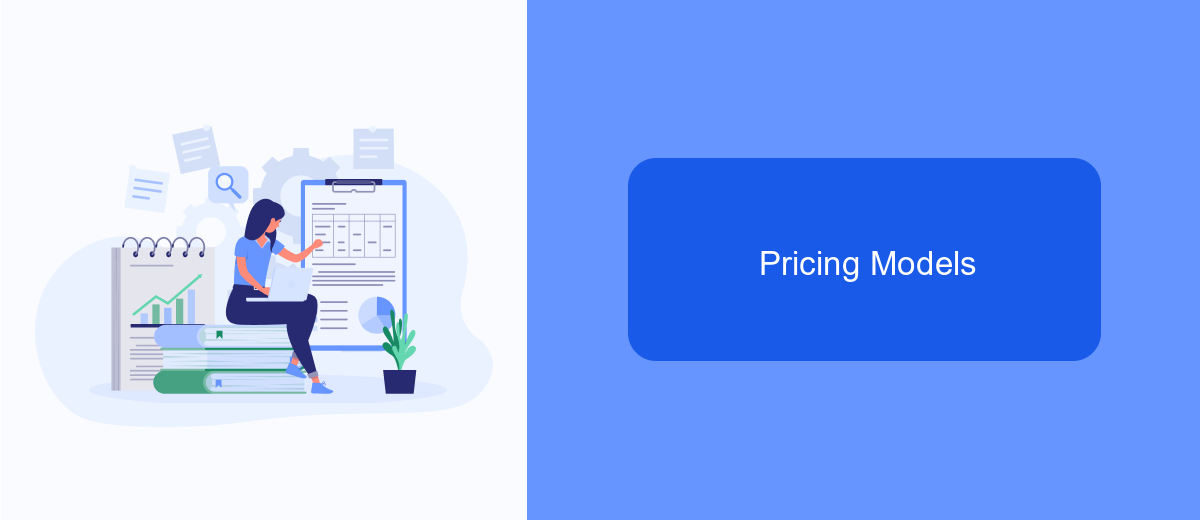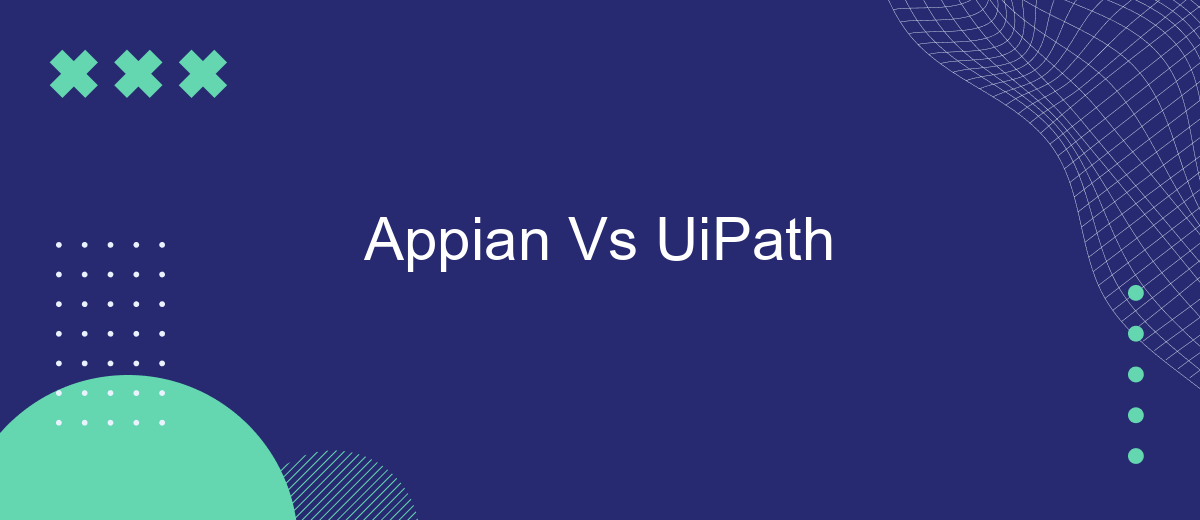In the rapidly evolving landscape of automation and digital transformation, Appian and UiPath stand out as leading platforms, each offering unique capabilities. This article delves into a comparative analysis of these two giants, exploring their strengths, weaknesses, and ideal use cases. Whether you're a business leader or a tech enthusiast, understanding their differences can guide your automation strategy effectively.
Introduction
As businesses increasingly embrace digital transformation, the demand for efficient automation solutions has surged. Appian and UiPath are two leading platforms in this domain, each offering unique features and capabilities. While both aim to streamline business processes, their approaches and strengths cater to different organizational needs.
- Appian: A low-code automation platform that excels in process management and application development.
- UiPath: A robotic process automation (RPA) tool designed to automate repetitive tasks using software robots.
Choosing between Appian and UiPath often depends on specific business requirements and integration needs. For instance, integrating various services and automating workflows can be simplified using tools like SaveMyLeads, which offers seamless connectivity between different platforms. By understanding the strengths of each solution, businesses can make informed decisions to enhance their operational efficiency and drive digital innovation.
Features Comparison

When comparing the features of Appian and UiPath, it’s important to note that both platforms offer robust automation capabilities but cater to slightly different needs. Appian excels in low-code application development, enabling users to design and deploy business applications quickly. It offers strong process management, case management, and dynamic workflow capabilities, making it ideal for organizations looking to streamline complex processes. Additionally, Appian’s integration capabilities are enhanced by platforms like SaveMyLeads, which simplify the process of connecting various applications and services.
On the other hand, UiPath is primarily focused on robotic process automation (RPA), providing advanced tools for automating repetitive tasks across multiple systems. UiPath’s strength lies in its powerful RPA features, including screen scraping, data extraction, and AI-driven automation. It supports extensive integrations with a wide range of applications, but its primary focus remains on automating routine, manual tasks. While both platforms offer integration options, UiPath’s ecosystem is particularly strong in providing pre-built automation for common enterprise applications, making it a preferred choice for organizations aiming to reduce manual workload.
Use Cases and Industry Applicability

When comparing Appian and UiPath, it's essential to understand their use cases and industry applicability. Both platforms excel in different areas, catering to various business needs and sectors.
- Appian: Ideal for business process management (BPM), case management, and low-code application development. It's widely used in finance, healthcare, and government sectors for automating complex workflows and improving operational efficiency.
- UiPath: Specializes in robotic process automation (RPA), making it perfect for tasks like data entry, invoice processing, and customer service automation. Industries such as retail, telecommunications, and manufacturing benefit significantly from UiPath's capabilities.
Both platforms can be integrated with various services to enhance their functionality. For instance, SaveMyLeads can help streamline the integration process by automatically connecting different applications and services, ensuring seamless data flow and improved productivity. Understanding the specific needs of your organization will help determine which platform is more suitable for your industry and use case.
Pricing Models

When comparing the pricing models of Appian and UiPath, it's essential to understand the different approaches they take. Appian typically offers a subscription-based pricing model, which is often tailored to the specific needs of the organization. This model may include various tiers based on the number of users and the complexity of the applications being developed.
On the other hand, UiPath follows a more modular pricing strategy. It provides a range of options depending on the type of automation and the scale of deployment. UiPath’s pricing can vary significantly based on whether you are looking for attended or unattended automation, as well as the specific features and add-ons required.
- Appian: Subscription-based, user and application complexity tiers
- UiPath: Modular pricing, attended/unattended automation, feature-specific add-ons
Both platforms also offer enterprise-level pricing and custom quotes for large-scale deployments. Additionally, services like SaveMyLeads can be integrated to streamline processes and reduce costs associated with manual data handling, making the overall investment more efficient and cost-effective.
Conclusion
In conclusion, both Appian and UiPath offer robust platforms for automating business processes, but they cater to different needs and use cases. Appian excels in its low-code approach, making it easier for business users to create complex workflows without extensive coding knowledge. On the other hand, UiPath shines in robotic process automation (RPA), enabling the automation of repetitive tasks with high precision and efficiency.
When integrating these platforms into your existing systems, tools like SaveMyLeads can be invaluable. SaveMyLeads simplifies the integration process by automating data transfer between different applications, ensuring seamless connectivity and improved workflow efficiency. Ultimately, the choice between Appian and UiPath should be guided by your specific business requirements, the complexity of tasks, and the level of automation needed. Both platforms offer unique strengths that can significantly enhance your organization's productivity and operational efficiency.


FAQ
What are the primary differences between Appian and UiPath?
Can Appian and UiPath be used together?
Which platform is better for non-technical users?
How do Appian and UiPath handle integrations with other systems?
Which platform is more suitable for large-scale enterprise automation?
Don't waste another minute manually transferring leads from Facebook to other systems. SaveMyLeads is a simple and effective tool that will allow you to automate this process so that you don't have to spend time on the routine. Try SaveMyLeads features, make sure that this tool will relieve your employees and after 5 minutes of settings your business will start working faster.
